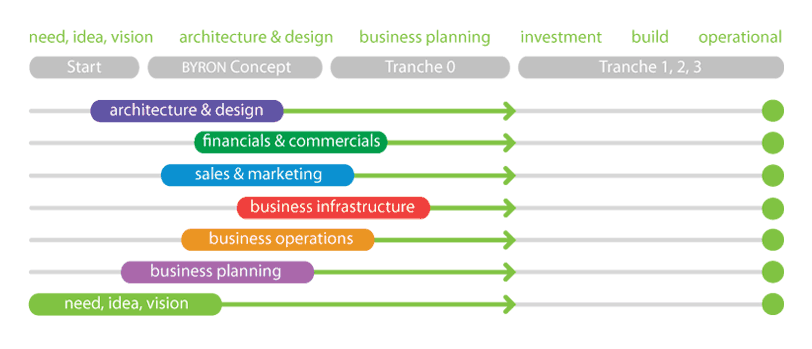Computing and the Internet has become part of our every day lives and vocabulary. Whether it’s for school, work, shopping, entertainment, emails, information, knowledge or learning it has become as much of a fixture as a television or telephone and as pervasive as electricity or a mobile phone. Technology has never been more affordable and accessible with digital music, video, photographs, books and communications now part of everyday use and when combined with the Internet the possibilities are only limited by our imagination.
Whilst many of us take for granted that we can now communicate (talk, write, see, hear) and share our knowledge, experiences, thoughts, ideas and information with anyone anywhere in the world, there is a growing ‘silent majority’ who are unable to participate due to complexity, cost, knowledge, understanding or lack of help. The focus on technology (machine-centric) as opposed to what people need (human-centric) is now limiting accessibility and creating social disadvantage and disparity.
Doddle originated from a group of people who from their own personal experiences recognised these problems, but also based on their professional experiences knew it didn’t have to be this way. We had a vision of an alternative approach that was human-centred, that removed the unnecessary complexity and harnessed the power of technology to enable all people to be included in the computing and Internet evolution sharing the benefits and advantages that it brings.
In early 2007 a business assessment confirmed the magnitude of the situation and uncovered further compelling reasons supporting the case for change including some major concerns related to the ‘digital home’ and the collective market impact on the environment. A detailed conceptual design was produced and the group was expanded to include a number of expert advisors and reviewers.
Following a number of key business reviews throughout 2008 (under the codename ‘BYRON’), new members helped form a team to develop business operational models, a sales and marketing strategy and perform initial conceptual design work. In 2009 the focus turned to the production of a business plan, commercial and financial models, and initial market testing. A major review of technological advancements and futures led to the addition of further software and technology expertise to the team.
At the start of 2010 it became clear that underlying technology advancements had dramatically accelerated to offer significant additional advantage (for our cutomers and our business) and to achieve success there needed to be a change in our approach and operations. A new strategy was devised based on a phased agile model underpinned by a detailed engagement plan that had one specific objective – to obtain funding to enable Doddle to move to the next phase and to continue in the pursuit of a viable alternative that is affordable and accessible for all.

